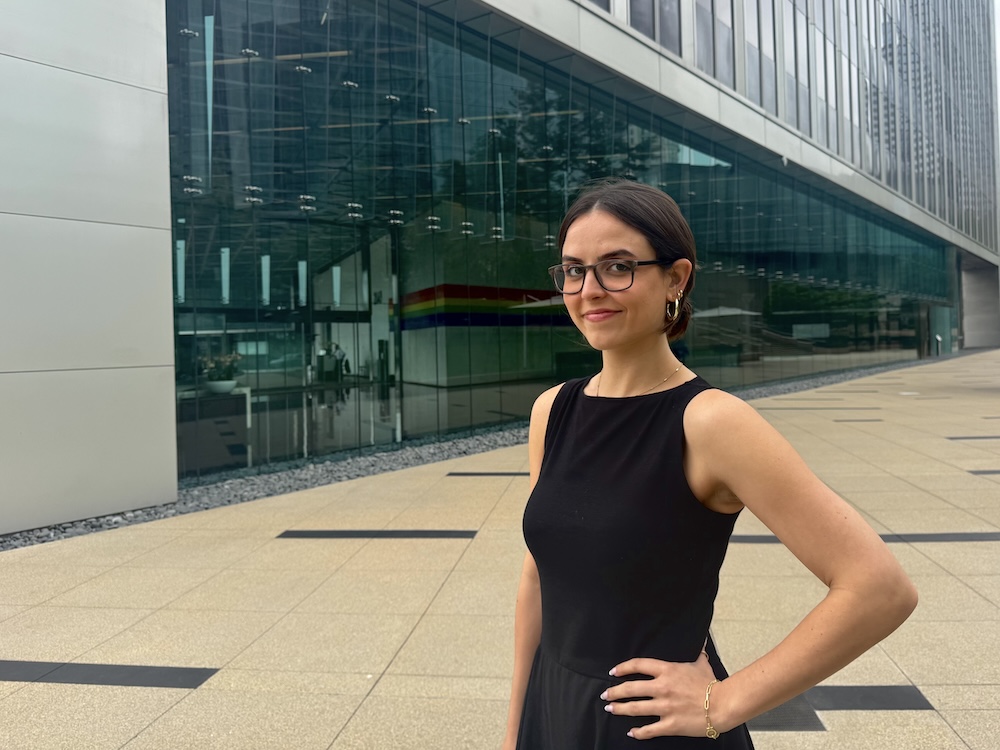
Emma Kondon ’27 is returning to Kirkland & Ellis as a summer intern after working at the firm as a litigation paralegal before law school. Now, with a year of law school under her belt, she’s eager to take on assignments that allow her to apply what she’s learned in class.
- How did you land your summer job?
Before starting law school, I worked as a litigation paralegal for three years in Kirkland’s Chicago office. The connections I made there were definitely helpful during the application process, and my experience gave me a lot to talk about in interviews.
- What is the most interesting part of your job?
Being looped into a new case is always fun. I enjoy learning the story behind the lawsuit, who the key players are, and why we’re involved. Once I have that foundation, it’s exciting to dive into unfamiliar issues and start figuring out the answers to whatever questions come my way.
- What has been your most challenging assignment thus far?
Legal research assignments are usually challenging. When there isn’t a clear-cut answer to a question I’m being asked to research, I have to get creative and interpret ambiguous authority in a way that could be helpful to the supervising attorney. Even though there aren’t always definitive answers, I try to take ownership of my results.
- What new legal skill have you acquired during your summer job?
While LLS introduced me to the process of doing legal research, I’ve been able to strengthen that skill through real-life experience. Working on actual cases is teaching me how to tailor my research to the specific needs of each matter, and the hands-on practice is helping me become more efficient with my time.
- What bit of legal knowledge have you been able to display?
I took Adjudicative Criminal Procedure with Professor Sean Kennedy last academic year, which has proved valuable in the white-collar case I’m working on. Having a solid understanding of how the criminal justice system works has made a real difference. That class gave me context that I try to reference whenever I’m speaking with my supervising attorneys.
- How has Loyola helped you map your career path?
My career counselor, Julie Kim, has given me great advice about my career path. She’s been honest and practical in a way that’s really helped me clarify where I want to start my career. I’m grateful to LLS for connecting us!